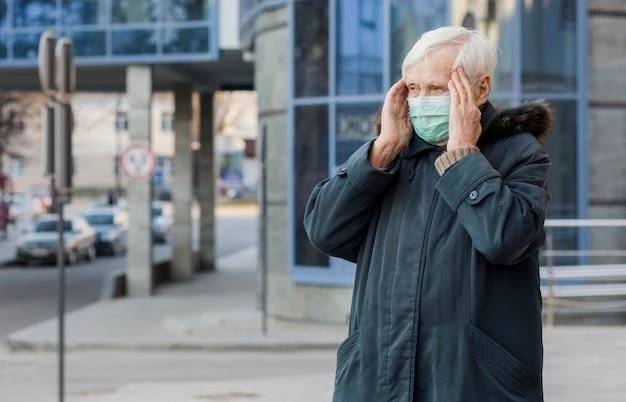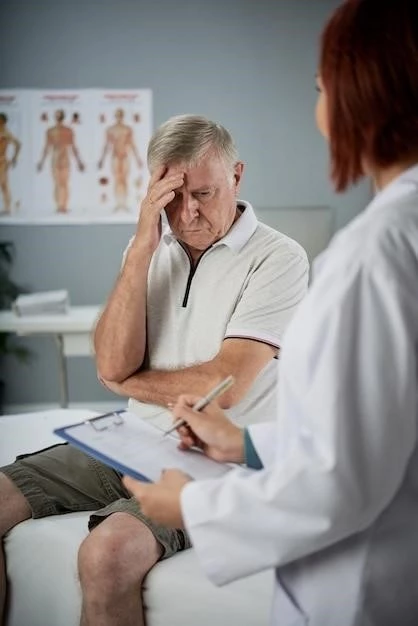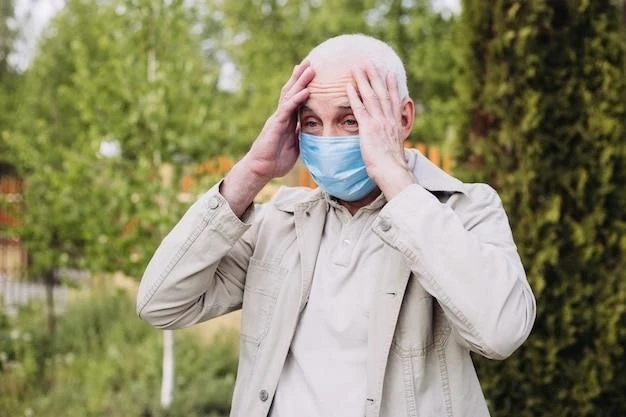Overview of Urban–Rogers–Meyer Syndrome
This syndrome is characterized by intellectual deficit, short stature, obesity, genital abnormalities, and hand/toe contractures, similar to Prader-Willi syndrome.
The Urban-Rogers-Meyer syndrome is characterized by intellectual deficit, short stature, obesity, genital abnormalities, and hand and/or toe contractures. Patients may also present with osteoporosis and a history of frequent fractures.
Description and Symptoms
The Urban-Rogers-Meyer syndrome presents with intellectual deficit, short stature, obesity, genital abnormalities, and hand/toe contractures.
Distinctive Characteristics
The Urban-Rogers-Meyer syndrome is characterized by intellectual deficit, short stature, obesity, genital abnormalities, and hand and/or toe contractures. Patients may also present with osteoporosis and a history of frequent fractures.

Diagnosis and Genetic Causes
Urban-Rogers-Meyer Syndrome is diagnosed based on the presence of intellectual deficit, short stature, obesity, genital abnormalities, and hand/toe contractures, along with osteoporosis and frequent fractures. Currently, the genetic causes of this syndrome remain unknown.
Research Findings
Research on Urban-Rogers-Meyer Syndrome has linked it with an array of symptoms including obesity, osteopenia, muscle contracture, osteoporosis, and intellectual deficit. The syndrome is described by characteristics such as short stature, genital abnormalities, and hand/toe contractures.
Treatment Options and Management
Treatment for Urban-Rogers-Meyer Syndrome involves managing symptoms such as intellectual deficit, short stature, obesity, and hand/toe contractures. Additionally, supportive care for associated complications like osteoporosis and fractures is crucial;
Supportive Care
Supportive care for Urban-Rogers-Meyer Syndrome involves managing symptoms like intellectual deficit, short stature, obesity, and hand/toe contractures. Additionally, addressing associated issues such as osteoporosis and fractures plays a crucial role in treatment.
Prognosis and Complications
Urban-Rogers-Meyer Syndrome presents challenges like intellectual deficit, short stature, obesity, and hand/toe contractures, potentially impacting patients’ overall quality of life.
Impact on Patients’ Lives
Urban-Rogers-Meyer Syndrome can significantly affect individuals’ lives due to challenges like intellectual deficit, short stature, obesity, and hand/toe contractures, potentially impacting their daily activities and overall well-being.

Support Groups and Community Resources
There are communities and support groups for Urban-Rogers-Meyer Syndrome, providing valuable assistance and information for patients and their families facing this rare condition.
Assistance for Patients and Families
Communities and support groups provide valuable assistance and information to individuals and families affected by Urban-Rogers-Meyer Syndrome, offering support in various aspects of dealing with this rare condition.
Ongoing Research and Future Directions
Ongoing research on Urban-Rogers-Meyer Syndrome aims to further understand the genetic causes, develop more effective diagnostic methods, and explore potential treatment options to improve the management and quality of life for individuals affected by this rare condition.
